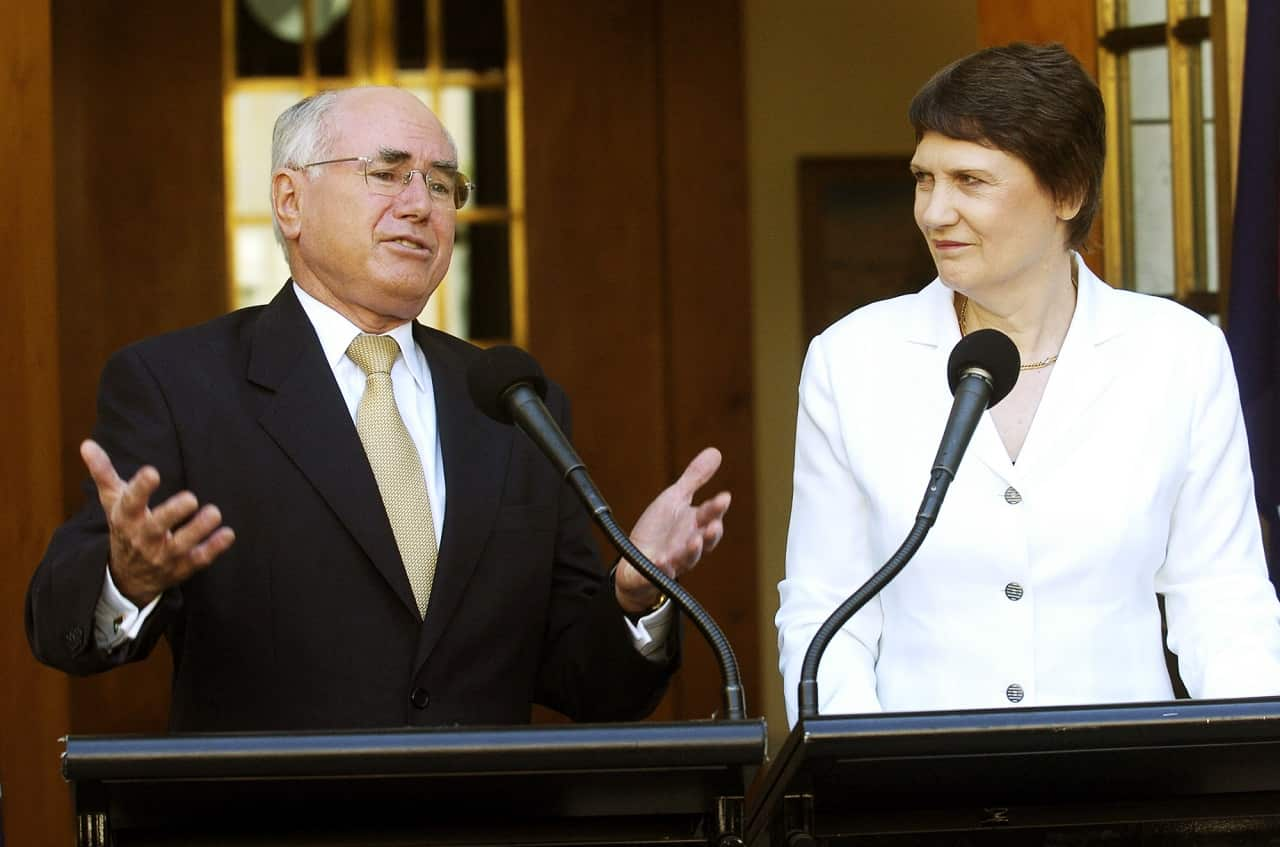A lobby group is set to launch legal action against the Australian government over a 2001 law change that it claims treats 250,000 New Zealanders who live here as second-class citizens.
The change, passed under then-Prime Minister John Howard, curbed access to healthcare and welfare for Kiwis and has sparked outcry since.
"We haven't made a dent with the government … So simply, [legal action] was the only viable alternative," David Faulkner of the Kiwis in Australia group told SBS News on Tuesday.
'Completely unjust'
Up until 2001, New Zealanders who arrived in Australia were given permanent residence on arrival.
Since Mr Howard's changes, Kiwis are now granted a non-protected Special Category Visa, which means they can live and work in Australia but have certain restrictions around healthcare and welfare.
And there is no simple pathway to citizenship, which Mr Faulkner said is "very unfair" and "un-Australian".
"As you live in the country and become part of the social fabric and pay taxes for many years, it becomes increasingly unfair that you're being treated differently to everyone else residing in the country," he said.
The Kiwis in Australia group claims New Zealanders are the only group indefinitely residing in this country that can't apply for citizenship after four years.

"[And] those Kiwis who do run into trouble through no fault of their own – whether being born with a disability, being in a car accident – are left in a very untenable position because of this," he said.
New Zealanders on the visa are able to access certain government services but are blocked from others, including the National Disability Insurance Scheme (NDIS).
"New Zealand citizens are the only people who have to pay the NDIS levy explicitly but can't actually access the insurance … We hear quite a few horror stories, it's completely unjust," Mr Faulkner said.
There are some avenues to citizenship, including obtaining a $4,045 skills-based permanent visa first, but the uptake is very low.
In contrast, it is relatively straightforward for Australians who move to New Zealand to have equal rights as Kiwis within years.
The legal challenge
Mr Faulkner said the Kiwis in Australia lobby group was in the early stage of a class action to challenge the 2001 law change.
"Hundreds of New Zealanders have given initial support that they will join the class action, certainly enough that we will go to the next step … [And we're] in the process of selecting a law firm to handle the class action."
"Very few New Zealanders are becoming Australian citizens and we'll contend this is the direct result of that legislative change … A particular group of people is being denied here - it's racially-discriminatory."
It's racially-discriminatory David Faulkner
He added, "and it can be argued that it's unlawful in terms of the Constitution, it denies these people the right to vote".
Numbers have dropped
In 2017, research from Monash University and the Victoria University of Wellington found of the 146,000 New Zealand-born migrants who arrived in Australia between 2002 and 2011 and were resident by 2016, only 8.4 per cent had gained Australian citizenship by 2016.
The numbers are even lower for New Zealand-born Maori, with less than three per cent becoming Australian citizens.

"Many have been deterred from applying for a permanent visa by the expense and uncertainty of the process … Even then there has been no guarantee of acceptance, as the Department of Immigration decides which skills to prioritise and the number of visa grants is capped," Dr Paul Hamer of Victoria University of Wellington said in a statement when the research was released.
The Labor Party has also taken aim at the current arrangements.
"Labor believes that there is an inequity for New Zealand citizens living in Australia under the terms of the Trans-Tasman Travel Arrangements (TTTA)," its most recent national platform said.
"Labor believes that there should be consideration given to the permanent residency status and potential citizenship arrangements for New Zealand citizens living in Australia under the terms of the TTTA."
SBS News has contacted the Department of Home Affairs about the case but has not received a reply.

